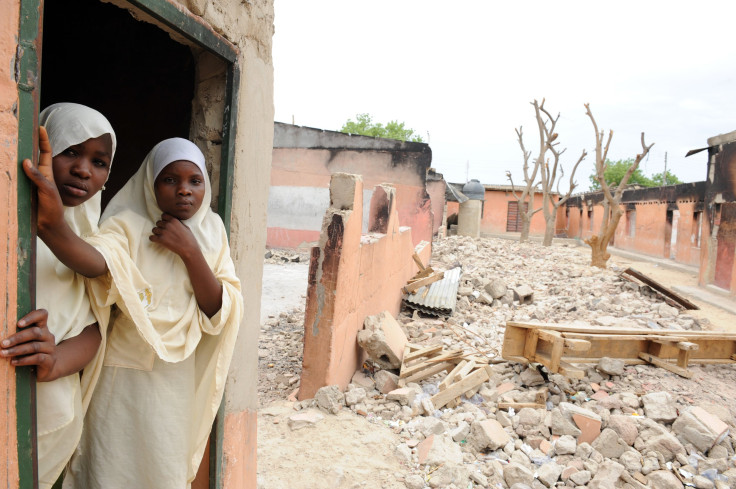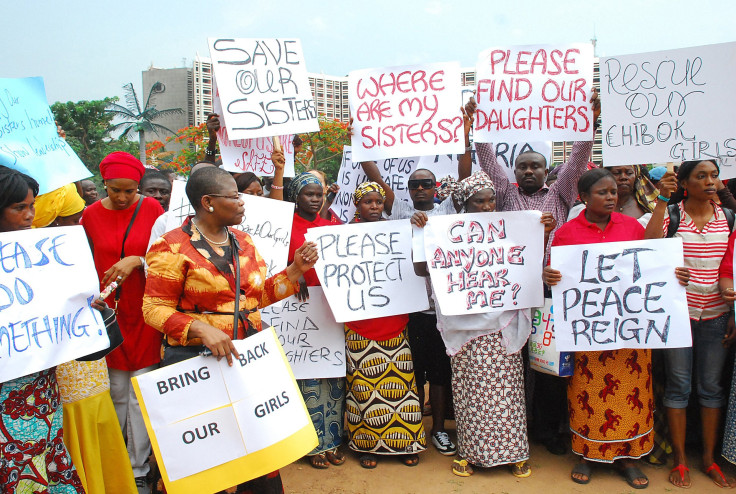Boko Haram Has Killed 600 Nigerian Teachers, Displaced 19,000: Teachers Union

More than 600 Nigerian teachers have been killed by suspected Boko Haram militants in the northeast while another 19,000 have been displaced, Michael Alogba-Olukoya, the Nigeria Union of Teachers national president, said Monday. The union called on the federal government to beef up security around schools in the West African nation and lamented the failure to uncover the whereabouts of the missing Chibok schoolgirls more than 500 days after they were kidnapped by the Islamic insurgents, according local media.
During the commemoration of this year’s World Teachers Day in the capital Abuja, Alogba-Olukoya said some 308 Nigerian teachers were killed in Borno state, 120 in Plateau, 75 in Adamawa state, 63 in Kano, 26 in Kaduna, 18 in Yobe and two in Gombe state since Boko Haram launched its brutal insurgency six years ago in northeast Nigeria.
“Insecurity in and around our schools is antithetical to the delivery of quality education in our school system. As teachers of primary and secondary schools, who are at the heart and foundation of education delivery and care to our children, we are devastated by the damage the atrocious activities of the Boko Haram sect have done to the education system as well as the lives and future of thousands of children particularly in the northeast of the country,” he said Monday, according to Nigerian newspaper the Punch. “The memory of the Chibok girls and thousands of others, whose potential and lives have been truncated, remains traumatic and demoralizing. Mr. President, it is on record that over 600 teachers have lost their lives to the terror attacks. ”

While attending the United Nations General Assembly in New York last week, Nigerian President Muhammadu Buhari pledged to rescue the schoolgirls abducted from the town of Chibok in April 2014. Some of the girls managed to escape on their own, but more than 200 are still missing and government search efforts have been unsuccessful despite a global social media campaign and pleas from international leaders.
“One of our major aims is to rescue the Chibok girls alive and unharmed,” he said to applause during his first address to the General Assembly since taking office at the end of May, according to Nigerian newspaper Vanguard.
Boko Haram has targeted public and private schools in northeast Nigeria for years, dousing the facilities with gasoline at night and setting them ablaze. The militants have also hurled homemade bombs at the minimal, concrete classrooms Nigeria offers its children. The six-year insurgency has left thousands without a place to learn, the New York Times reported.
© Copyright IBTimes 2024. All rights reserved.











